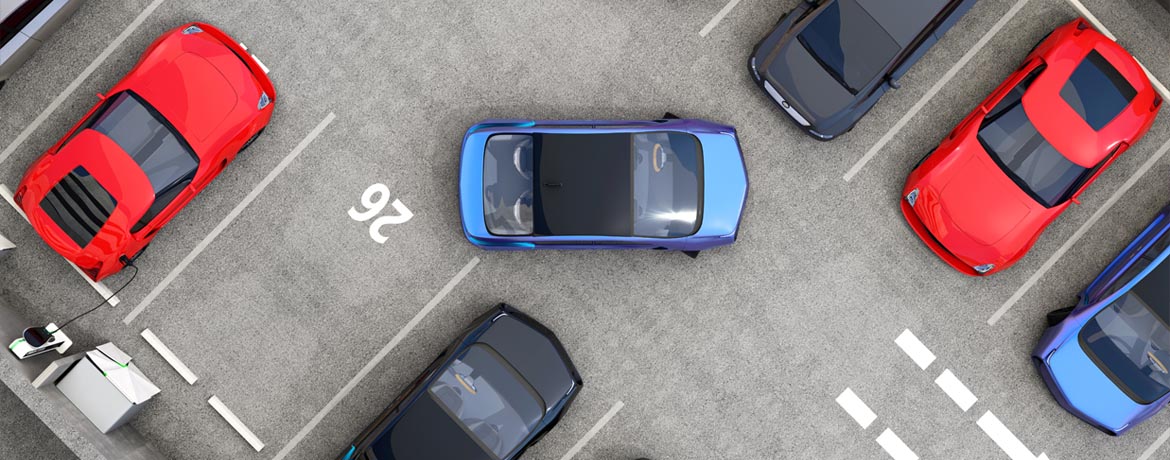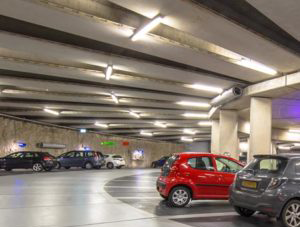Like running any stable business, managing a parking facility takes people, time, and, above all, money. So it’s no wonder that parking facilities may not be eager to spend even more money on their parking garages and lots.
The benefits of parking management systems are well known: they help ease traffic, utilize existing space, decrease the need for staff and so much more. However, some facilities managers may just assume that the costs to install such a system are too high to bear. Even though the surprisingly affordable parking management systems will save labor costs and even preserve revenue in the long run, the inherently self-replenishing costs of parking management systems may not quite convince some facilities that these solutions are worth implementing.
The good news is that these systems are, in fact, affordable to purchase, install and maintain.
Thank decreasing hardware costs for more affordable parking management systems

Like any new technology, cost decreases as its use becomes more pervasive. As parking management system adoption grows, the expenses are no longer such a heavy burden to bear.
Transparency Market Research (TMR) recently found that the cost of the hardware itself is decreasing. Parking management systems, which use rather unobtrusive hardware such as LED sensors and video technology, are bound to become ever more affordable; in fact, they represent a major portion of the nearly 10 percent growth predicted for the parking industry in the near future. TMR also noted that connectivity costs associated with proper hardware installation is also going down.
At the same time, every other resource a parking facility requires is becoming more expensive. A standard parking facility expends at least half, and as much as 70 percent, of its costs on paid staff, whose shifts may span all hours of the day. As municipalities increasingly adopt progressive legislation that benefits workers with an increased mandatory minimum wage, parking facilities may find themselves overspending on human labor that a parking management system can replicate far more cheaply.
One solution that is inarguably far more expensive than implementing a parking management system is to build an entirely new parking structure altogether. The parking industry as a whole drifted toward products that use existent infrastructure more efficiently; these new innovations wisely balance immediate costs with long-term spending.
Despite their omnipresence, parking management systems still sound futuristic, since parking and related traffic may seem as prevalent now as they’ve even been. How have parking facilities justified spending money on something that seems so experimental?
Parking management represent long-run preservation

It’s no coincidence that parking management systems are becoming increasingly dominant in environments as diverse as airports, hospitals, and even college campuses. Its initial costs significantly undercut the potential need to create entirely new facilities or expand existent ones; they simultaneously increase revenue by ensuring that more drivers occupy more spots, inherently increasing both the number of customers and their flow in and out of a facility.
An automated system that guides drivers to open spots and indicates the number of open spots available in a certain area of a parking facility cuts down on human costs. During overnight hours when labor is both tougher to find and more expensive to buy, parking management systems don’t sleep. A facility that relies on a trustworthy parking management system can operate smoothly during times where the cost of human labor may outweigh the revenue generated by only a small number of new customers. With a greater number of drivers using the facility during the daytime as well, the long-run revenue—and generally decreased burden of managing a facility—has enticed many to install parking management systems.
Parking management systems solve major parking industry woes using inexpensive hardware, and their operations point to strong long-term savings. Their feasibility for even the tightest of budgets isn’t just coincidence; it’s one of the strongest appeals of a technology that’s revolutionizing the way the parking industry functions.

